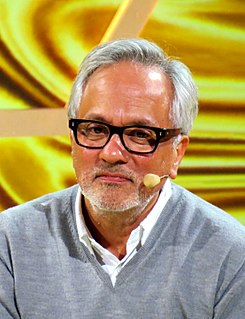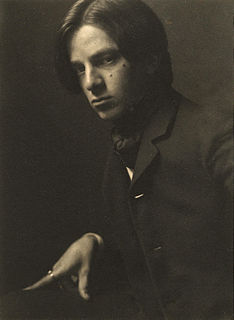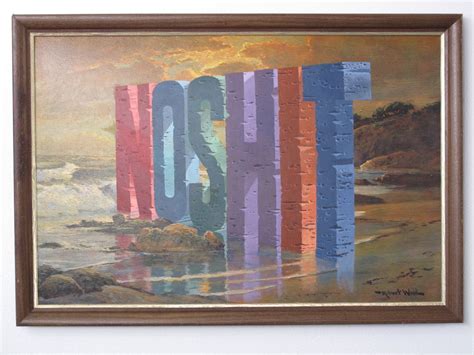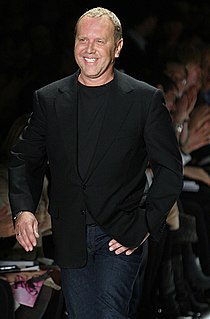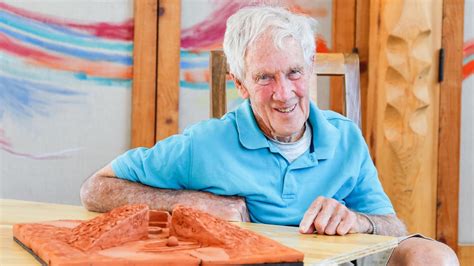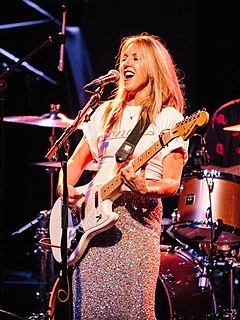A Quote by Brian Aldiss
That's the artist's role - to strike out always for something new, to break away, to defy, to... grapple with the unfamiliar.
Related Quotes
Caterpillar was quite important because that was the first manufacturing industry that used Reaganite strike-breaking techniques. They illegally called in scabs to break a major strike. It was reported pretty well in the Chicago Tribune, who pointed out something very interesting. They said that the workers got very little support in Peoria when scabs illegally broke the strike, and that was particularly striking because that whole community had been built up by the union - it was a union-based community.
In my paintings, the question on whether figures are similar or not is not of any importance, the slightest change of figure or color can create a new painting and it doesn't really matter if a subject is revisited by an artist repeatedly. With enough time in between paintings, an artist can always bring to it something new.
I would advise puppeteering for any artist. It's a way to break down pretensions. It's a sculpture that can talk. It's a painting that can talk. And it's pure play. I think every artist needs to stay in touch with the idea of playing. The artist should always be playing, always. All art is performance.



